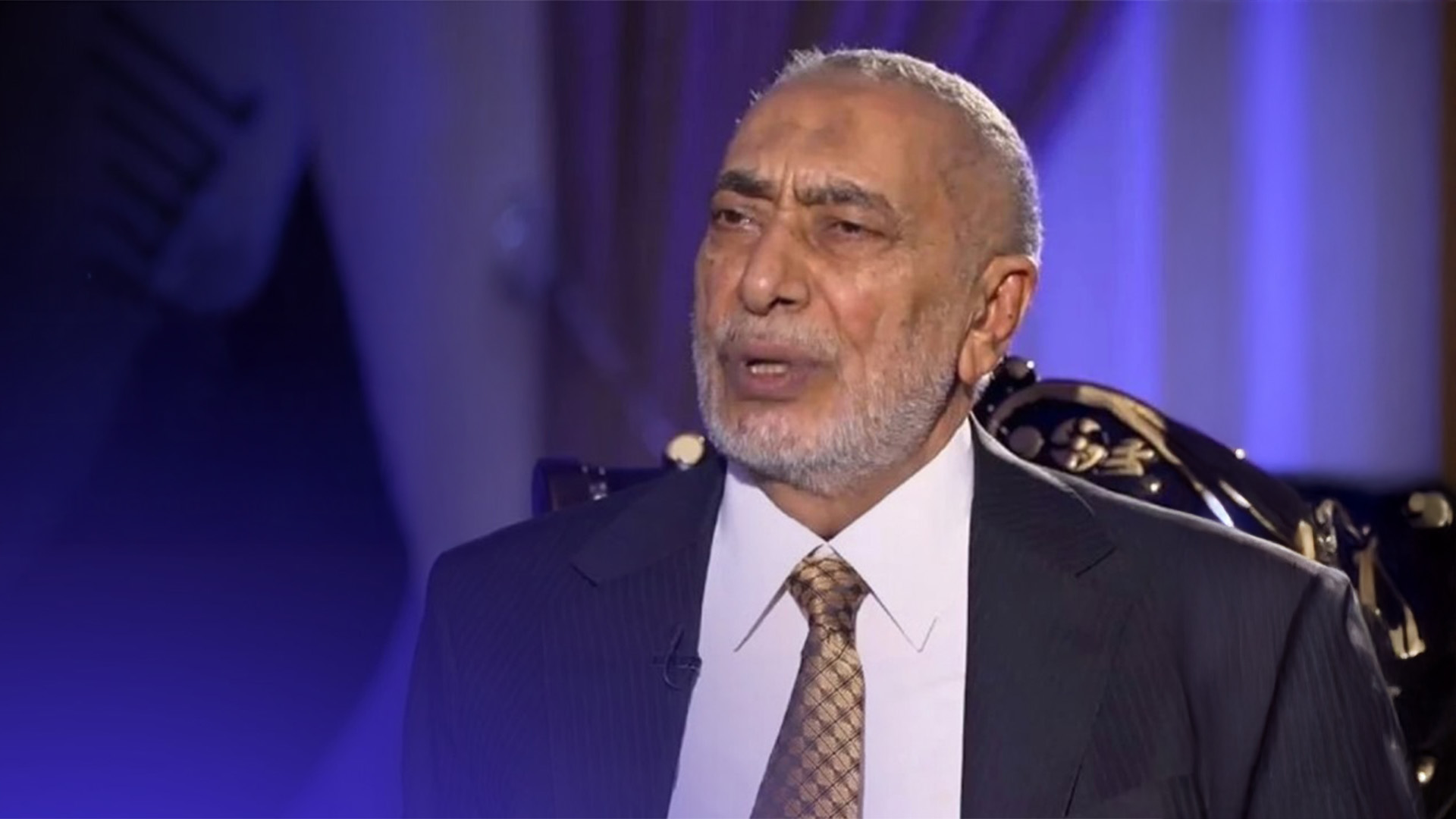Iraqi Parliament Speaker Notes US Pressures Baghdad over PMF Law
Iraqi Parliament Speaker Mahmoud al-Mashhadani stated the U.S. threatened to use the al-Hol camp as leverage and withdraw political support to block the PMF Law. He warned Iraq risks instability unless it transitions from a sectarian system to a citizenship-based state.

ERBIL (Kurdistan24) – Iraqi Parliament Speaker Mahmoud al-Mashhadani revealed that U.S. pressure over the Popular Mobilization Forces (PMF) Law has reached what he described as “an unprecedented level,” claiming that Washington had even “threatened to use the al-Hol camp” as leverage if Baghdad proceeded with the legislation.
Speaking in a televised interview, al-Mashhadani stated that American officials demanded that Iraq refrain from passing the PMF Law, exerting pressure on leading Shiite political and religious figures to block it.
“The Americans asked that the Popular Mobilization Forces Law not be enacted,” al-Mashhadani said. “They exerted intense pressure on Shiite political and religious leaders, even threatening to withdraw political and security protection. The threats went as far as mentioning al-Hol Camp.”
He explained that U.S. officials linked Iraq’s political stability and security cooperation to the government’s handling of the PMF issue, warning of potential repercussions if the legislation were approved.
“They threatened to halt security and political support,” he emphasized, “even reaching the point of using al-Hol as a pressure card.”
According to al-Mashhadani, despite such pressure, Shiite forces refused to comply with the U.S. demands.
In his remarks, the parliament speaker also said that Israel had attempted to draw Iraq into regional conflict, but the United States “did not allow it.”
“Israel tried to drag Iraq into a confrontation, but the Americans did not let that happen,” he stated, suggesting that Washington continues to weigh regional balance even while opposing the PMF’s formal legalization.
Al-Mashhadani warned that Iraq remains vulnerable to division along sectarian lines, describing it as a continuation of the “occupation-era plan” to fragment Iraq for external benefit.
He stressed that Iraq will not achieve lasting stability until it transforms “from a state of components to a state of citizenship,” arguing that sectarian and ideological parties cannot deliver national progress.
“Iraq cannot stabilize until it becomes a state of citizenship,” he said. “Parties driven by ideology cannot build the country — they divide it.”
Al-Mashhadani lamented that around 80% of Iraqis have lost trust in politics, warning that the country risks social collapse unless it revives national institutions through competence rather than loyalty.
“Eighty percent of the people are angry at politics,” he said. “The capable and educated are among those who boycotted elections. This must change.”
He added that Iraq’s youth — over 60% of the population — are its greatest asset, yet face unemployment and lack of opportunity. He called for a shift from loyalty-based governance to a merit-based state to prevent future unrest.
“We have a human bomb waiting to explode,” he warned. “Sixty percent of Iraqis are under forty and have no future. Only the state can provide stability and opportunity.”
The speaker emphasized the need to diversify Iraq’s economy and attract major international companies to invest in natural resources beyond oil.
“If oil prices fall, we will not even have salaries,” he said. “We must act now to bring in global companies to invest in our wealth — from gold to uranium — especially in provinces like Anbar and Samawah, which are rich yet neglected.”
He urged citizens — particularly the “disenchanted 80%” — to participate in rebuilding the nation through elections and civic engagement, saying that a competent parliament and government are essential to Iraq’s revival.
“Competent representatives will form a competent parliament, and that parliament will not accept anything less than a competent government,” he declared.
Al-Mashhadani’s remarks come amid heightened U.S.–Iraq tensions over the PMF’s legal status, with Washington expressing concern about the group’s growing influence. The Popular Mobilization Forces, formed in 2014 to combat ISIS, have since become a powerful political and military actor within Iraq’s state structure.
His comments also coincide with Baghdad’s efforts to maintain a balanced foreign policy, avoiding entanglement in regional conflicts while managing relations with Washington, Tehran, and neighboring Arab states.
The Speaker concluded by stressing that Iraq’s path forward must prioritize national unity, political maturity, and economic independence over external agendas and sectarian rivalries.
“Iraq cannot regain stability unless it becomes a nation of citizens — not factions,” al-Mashhadani said. “Our future depends on transforming anger into participation, and division into unity.”